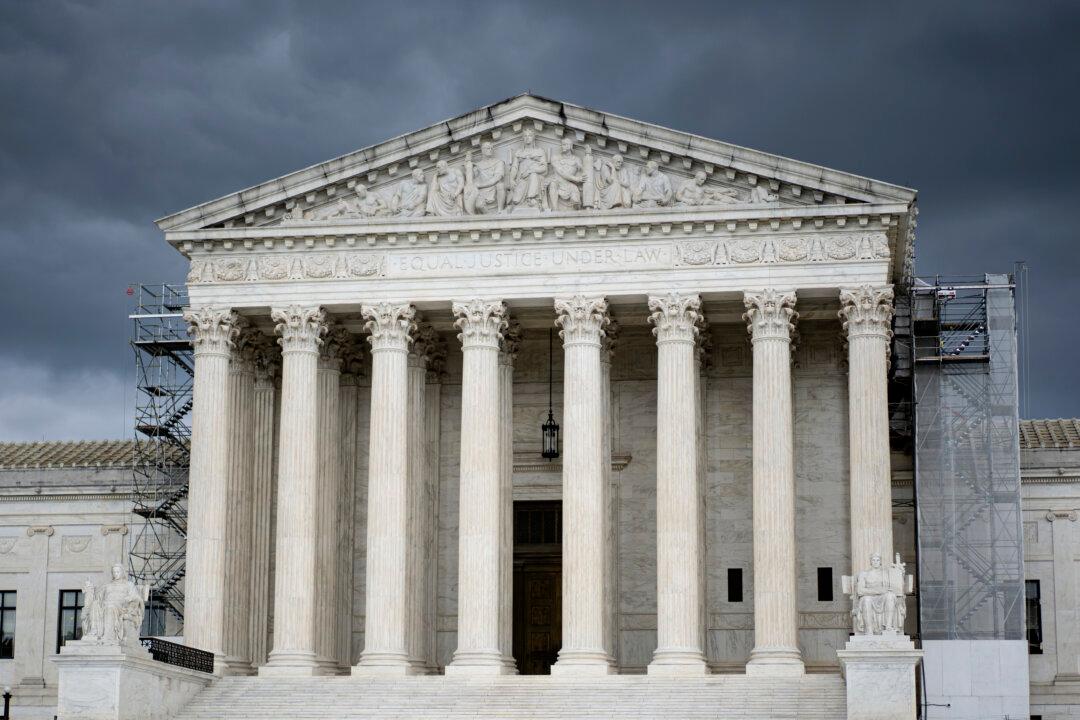The Supreme Court refused on May 20 to take up a challenge to Maryland’s law that bans so-called assault weapons such as the AR-15 semiautomatic rifle.
The ruling leaves the prohibition against such weapons in place in the state for the time being.

The Supreme Court refused on May 20 to take up a challenge to Maryland’s law that bans so-called assault weapons such as the AR-15 semiautomatic rifle.
The ruling leaves the prohibition against such weapons in place in the state for the time being.